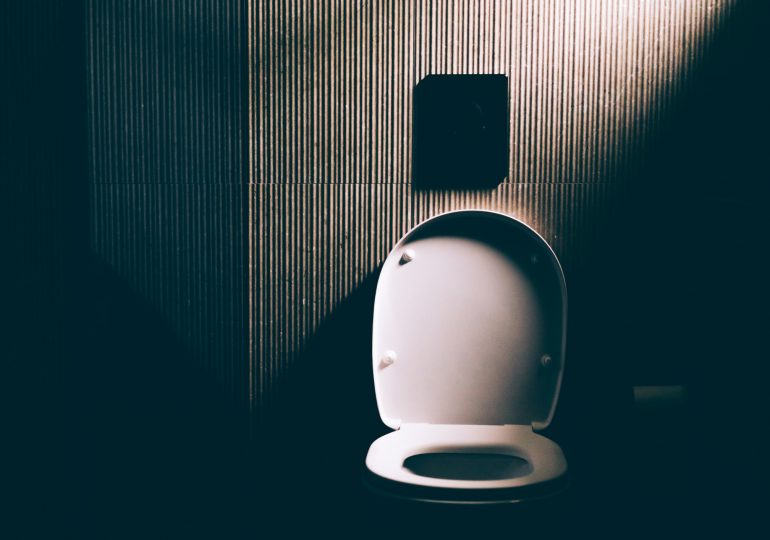A handful of years ago, scientists raised the flag about a troubling potential source of water pollution: American urine.
Although trendy diets push protein, Americans already eat around 40% more than the daily recommended amount. One side effect of excess protein is extra nitrogen in urine. And when that potent cocktail makes it into the environment, it can cause toxic algal blooms, disrupt ecosystems, and make drinking water unsafe, says Maya Almaraz, a biogeochemist at Yale University who co-authored a 2022 paper on the problem. She and her colleagues calculated that thanks to overeating protein, more than 600,000 tons of excess nitrogen come out in Americans’ urine each year.
[time-brightcove not-tgx=”true”]
That’s just one example of the many surprising insights urine can reveal about our health and habits. “If you consume alcohol, there are signature molecules in the urine,” says Joshua Coon, a professor of chemistry at University of Wisconsin-Madison. “If you have coffee, we can see a signature of that.” Certain kinds of brain tumors even leave telltale traces in urine before they might be discovered by other means, says David Wishart, a professor at the University of Alberta who has pioneered the study of molecules in urine and maintains a database of more than 3,000 molecules discovered in human urine. Advances in basic research are revealing that “there’s gold,” he muses, “in that gold-colored fluid.”
What can urine tell us?
Many people have peed in a plastic cup at the doctor’s office or on a stick at home. One standard test looks for sugar in the urine to diagnose diabetes. Another flags human chorionic gonadotropin, a marker of pregnancy.
These tests work because urine contains metabolites: waste from the daily business of breaking down and building up new molecules. Just as the trash from a house can reveal, say, whether the inhabitants are vegetarians, metabolites reveal what’s happening inside the body. “If there’s something going wrong in the body, it tends to be concentrated in the urine,” Wishart says.
Read More: Am I Peeing Too Much?
Wishart and his colleagues found that a panel of 69 metabolites in peoples’ urine could predict who had pre-cancerous polyps in their colon. In 2020, he and collaborators published a test for 149 different metabolites in urine, with the goal of having others in the research community use it to study urine and potentially create new lab tests.
Urine isn’t useful for everything. Stanford genomicist Michael Snyder, who pioneered the use of long-term personal monitoring for health, says that urine is not as good a signifier as blood is when it comes to many tissues, including muscles and heart tissue.
Still, it can provide especially detailed information about what people ingest. “It is a good window into diet and supplements,” Snyder says. Indeed, in one 2019 study from Coon’s lab aiming to see whether urine could be used for real-time health monitoring, he and his colleagues collected all the urine produced by two volunteers for 10 days. They were able to see evidence of exercise, traces of particular food items, and even acetaminophen taken the night before—essentially a record of these people’s daily lives.
The toilet of tomorrow
One major benefit to urine is that it’s readily available—and a more convenient way to monitor health than, say, daily blood draws. “The toilet is really the place,” Coon says. He and his colleagues have continued exploring toilet-based sensors that could regularly track metabolites in pee, aiding in precision medicine. Such sensors could alert doctors if a molecule that’s always been scarce in someone’s urine suddenly skyrockets, monitor a person’s diet in detail, and provide insight into how they metabolize drugs, for instance. “We need to figure out how to make measurements in the toilet,” Coon says. “That’s the ideal.”
Read More: Do You Need to Take Electrolytes to Stay Hydrated?
Almaraz already knows a lot about what’s pouring into Americans’ toilets—so she’s focused on how to change it. She’s found that people are often unreceptive to the idea that they don’t need more protein, which means they continue to deposit too much nitrogen into the environment. That’s why she wants to help people understand the consequences of seemingly personal choices like diet—and raise awareness that pee can turn into toxic waste.
“Diets can change. They change all the time,” she says. “I hope we can change them for the better.”
Leave a comment




